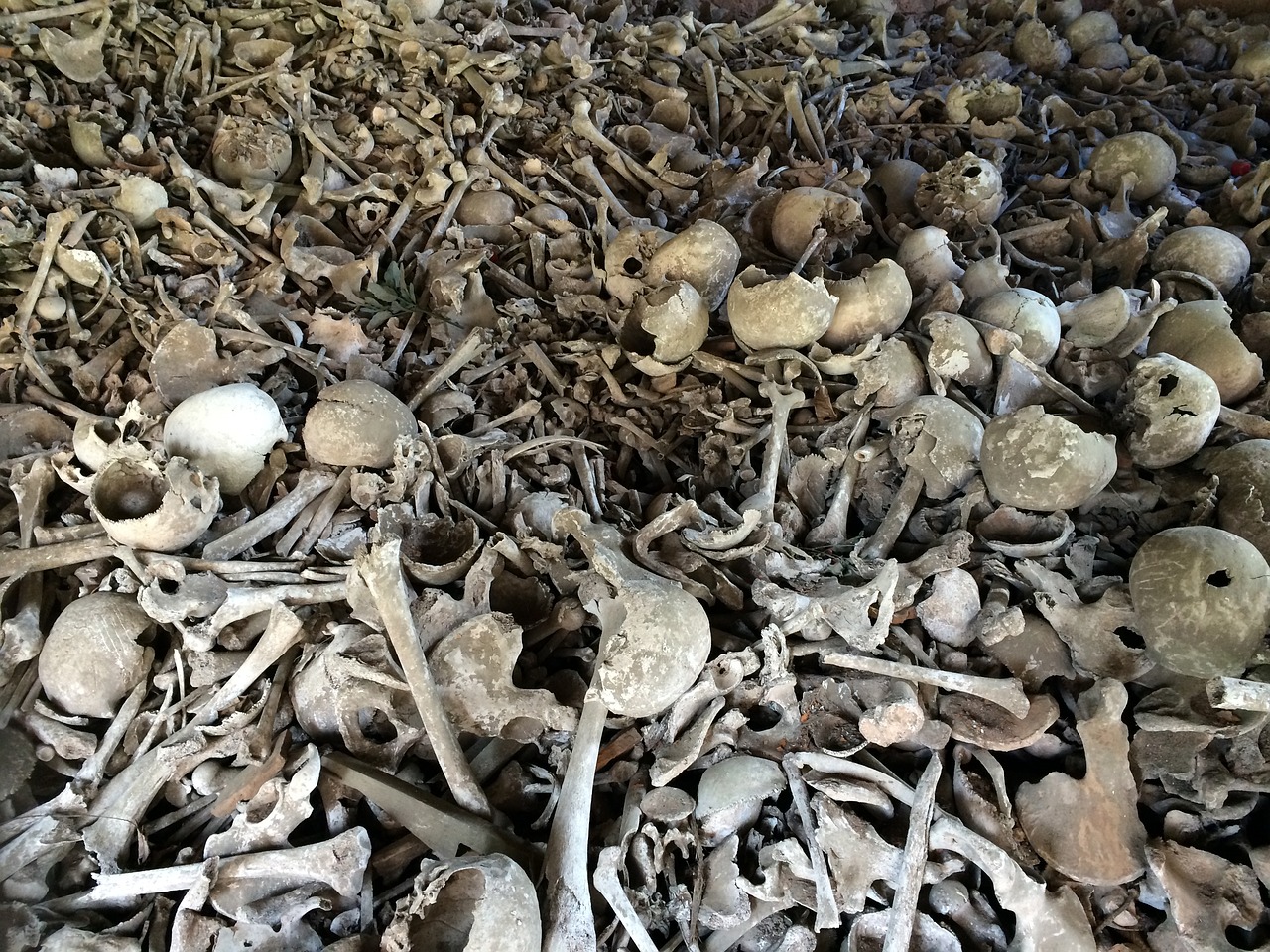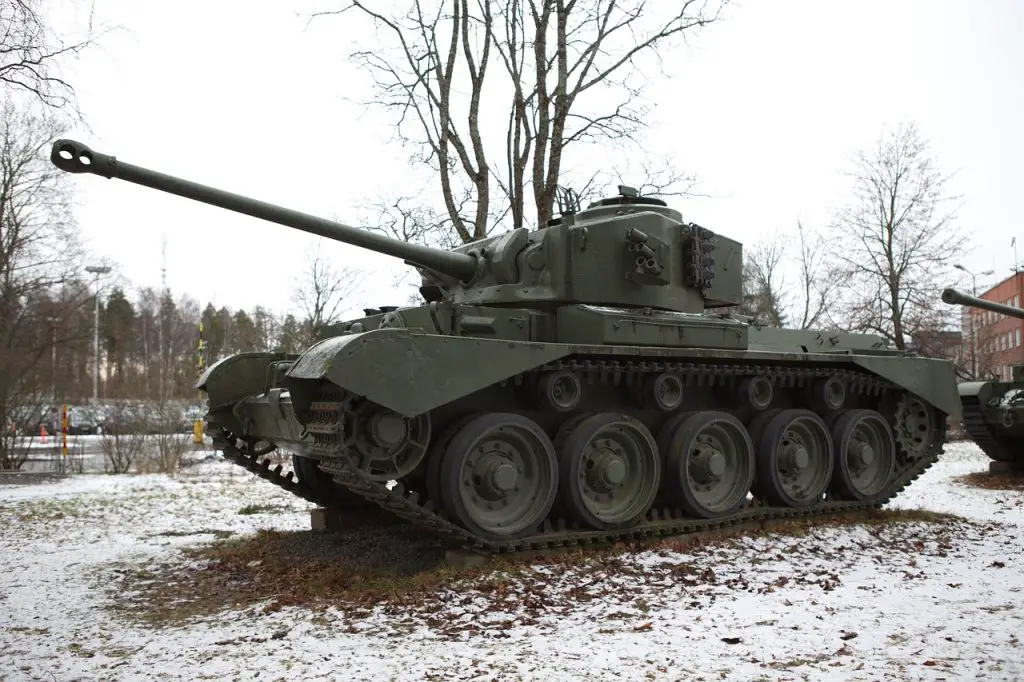Before the 19th century, dentures had a rather grim origin story. Picture this: after the Battle of Waterloo in 1815, dentists started making dentures from fallen soldiers’ teeth. These dentures, aptly dubbed “Waterloo teeth,” were crafted from the pearly whites of soldiers who met their end on the battlefield and from the teeth of looters and scavengers who picked through the aftermath.
Now, here’s where it gets eerie. The soldiers who perished at Waterloo were mostly young and healthy, making their teeth perfect candidates for dentures. It’s a strange twist of fate that their final resting place would be in the mouths of strangers, serving as replacements for lost or damaged teeth.
But here’s the kicker: it’s unclear whether the folks getting fitted for these dentures knew where their new chompers came from. Rachel Bairsto, a dental historian, revealed that while we now refer to these dentures as “Waterloo Teeth,” there’s little evidence of this term being used in texts from the 19th century. This suggests that patients might have been in the dark about the origins of their dentures, blissfully unaware that they were sporting teeth once belonging to fallen soldiers.

It’s a chilling thought, to say the least, highlighting the macabre practices of the past and the ethical questions that arise when it comes to medical procedures. Imagine flashing a smile with dentures that were once part of someone else’s mouth, someone who met a tragic end on the battlefield. It’s a stark reminder of the lengths people would go to for medical solutions when knowledge and resources were limited.
During the early 19th century, dentistry wasn’t quite the refined medical practice it is today. Bairsto reveals that alongside Waterloo Teeth, many dentures were crafted using teeth obtained from grave robbers. Surprisingly, dentists of that time didn’t inquire much about the source of these teeth. It was an era where various craftsmen, including wigmakers and blacksmiths, dabbled in dental procedures. In fact, you could even have your dentures adjusted by your local jeweler. Bairsto paints a vivid picture of a time when dentistry was a trade pursued by many, reflecting the evolving landscape of medical practices in history.
Avid Writer with invaluable knowledge of Humanity!
Upcoming historian with over 30 million views online.
“You make your own life.”





